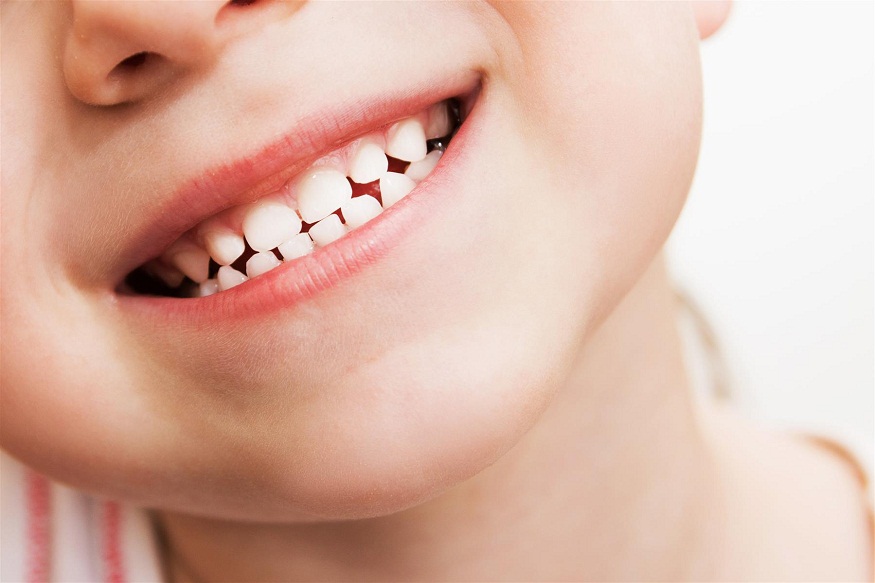
As a parent, it’s natural to wonder about the importance of your child’s primary teeth, also known as baby teeth. At our Metairie dentist office, we emphasize the significance of primary teeth in laying the foundation for a lifetime of good oral health. Not only do primary teeth play a crucial role in a child’s oral development, but they also impact their overall health, self-esteem, and quality of life.
In this article, we’ll explore the importance of primary teeth, debunk common myths, and provide valuable tips on how to care for your child’s primary teeth to ensure a healthy, happy smile.
What Are Primary Teeth?
Primary teeth, also known as baby teeth, are the first set of teeth to erupt in a child’s mouth, typically beginning around six months of age and continuing until they are about three years old. This set of 20 teeth, which includes incisors, canines, and molars, plays a vital role in a child’s oral development, facilitating functions such as biting, chewing, and speaking, while also serving as placeholders for the permanent teeth that will eventually replace them.
What is The Role of Primary Teeth in Oral Development?
Primary teeth begin to erupt when a child is around six months old, and by the time they are three years old, they should have a full set of 20 primary teeth. These teeth play a crucial role in a child’s oral development, including:
- Guiding Permanent Teeth: Primary teeth act as placeholders for permanent teeth, guiding them into the correct position as they erupt.
- Shaping the Jaw: Primary teeth help shape the jaw and facial structure, influencing the development of permanent teeth and overall oral health.
- Aiding in Speech Development: Primary teeth play a role in speech development, helping children learn to pronounce words correctly and develop clear speech patterns.
- Enabling Proper Chewing and Digestion: Primary teeth enable children to chew and digest food properly, which is essential for maintaining good overall health.
What is The Importance of Primary Teeth in Maintaining Good Oral Health?
Primary teeth are just as susceptible to decay and other oral health problems as permanent teeth. The American Academy of Pediatric Dentistry (AAPD) estimates that over 50% of children will experience tooth decay by the time they are five years old. This is why regular dental check-ups and good oral hygiene practices are essential for maintaining the health of primary teeth.
What Are The Consequences of Neglecting Primary Teeth?
Neglecting primary teeth can have serious consequences, including:
- Pain and Discomfort: Tooth decay and other oral health problems can cause pain and discomfort, which can affect a child’s quality of life.
- Infection and Abscesses: Untreated tooth decay can lead to infections and abscesses, which can spread to other parts of the face and skull.
- Malocclusion and Orthodontic Problems: Neglecting primary teeth can lead to malocclusion and orthodontic problems, which can require costly and time-consuming treatment.
- Low Self-Esteem: Children with poor oral health may experience low self-esteem and social anxiety, which can affect their overall well-being.
How to Care for Primary Teeth?
Caring for primary teeth is essential for maintaining good oral health and preventing problems. Here are some tips for caring for primary teeth:
- Brush Teeth Regularly: Brush your child’s teeth at least twice a day with fluoride toothpaste.
- Floss Daily: Floss your child’s teeth daily to remove food particles and plaque.
- Limit Sugary Snacks and Drinks: Limit your child’s consumption of sugary snacks and drinks, which can contribute to tooth decay.
- Schedule Regular Dental Check-Ups: Schedule regular dental check-ups for your child to monitor their oral health and catch any problems early.
Remember, primary teeth are not just temporary placeholders for permanent teeth – they deserve the same level of care and attention as permanent teeth.

 The Best Practices For Maintaining Healthy Gums In Willow brook
The Best Practices For Maintaining Healthy Gums In Willow brook  Transform Your Smile: Top Cosmetic Dentistry Treatments for Every Age
Transform Your Smile: Top Cosmetic Dentistry Treatments for Every Age 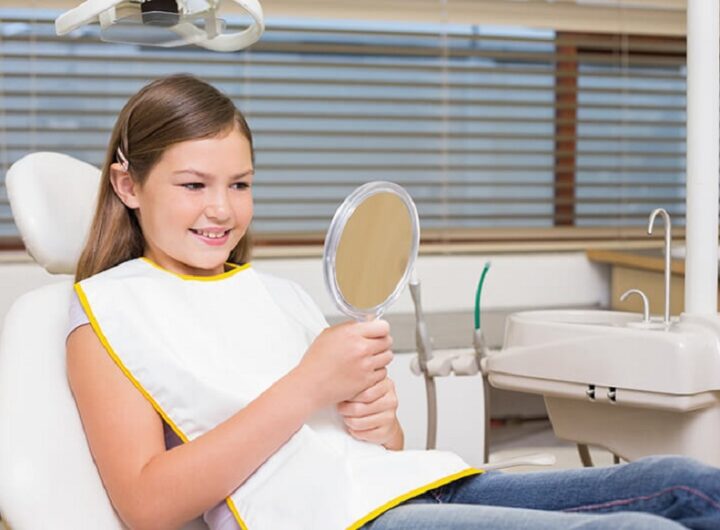 Choosing the Right Family Dentist: What to Look For
Choosing the Right Family Dentist: What to Look For 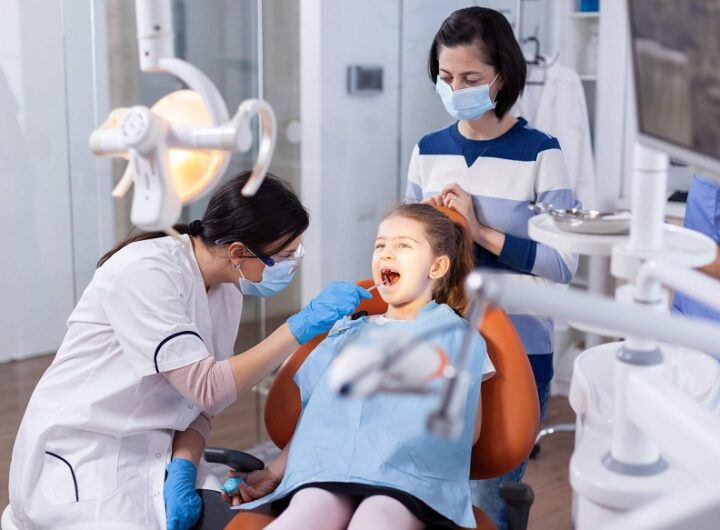 Choosing the Right Family Dentist: What to Look For
Choosing the Right Family Dentist: What to Look For 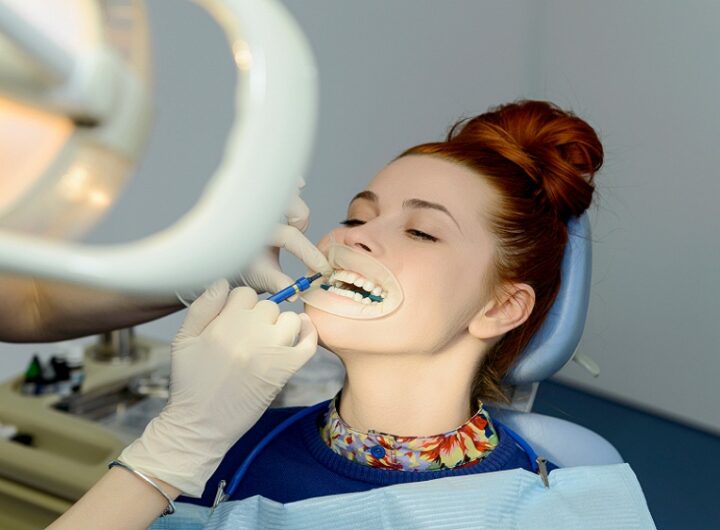 Understanding The Difference: When To See A Cosmetic Dentist Vs. An Orthodontist
Understanding The Difference: When To See A Cosmetic Dentist Vs. An Orthodontist 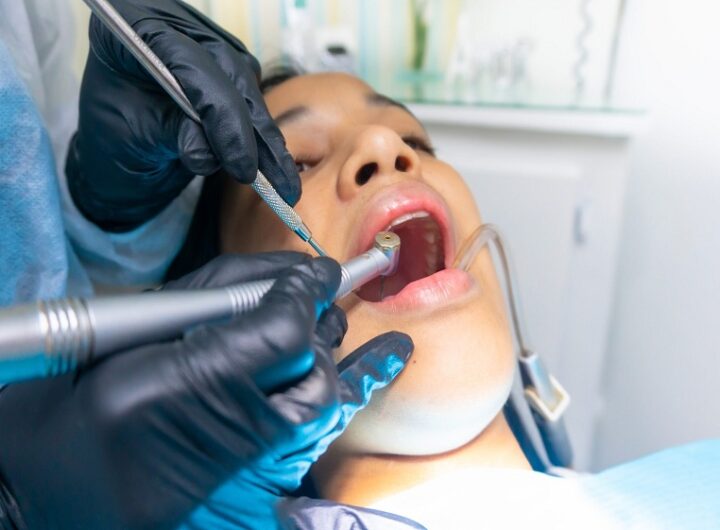 Transform Your Smile: The Importance Of Cosmetic Dentistry
Transform Your Smile: The Importance Of Cosmetic Dentistry  From Lab to Lifestyle: How the Science of Quality Assurance in Manufacturing Reliable Supplements Protects Consumers and Businesses
From Lab to Lifestyle: How the Science of Quality Assurance in Manufacturing Reliable Supplements Protects Consumers and Businesses  Top Myths About Pediatric Home Health Care Debunked
Top Myths About Pediatric Home Health Care Debunked  Immunity IV Drips – Your Frontline Defense Against Modern-Day Fatigue, Illness, and Burnout
Immunity IV Drips – Your Frontline Defense Against Modern-Day Fatigue, Illness, and Burnout